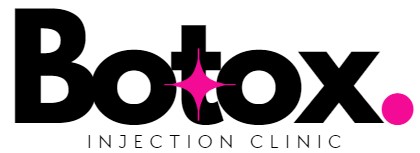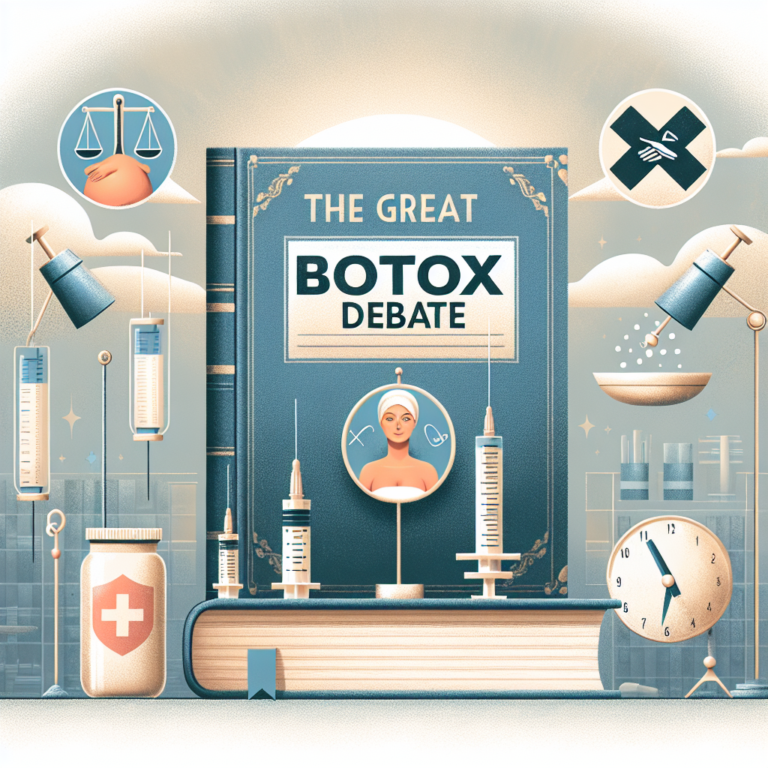In recent years, Botox has become a go-to treatment for individuals seeking to minimize fine lines and wrinkles. As more people choose to undergo cosmetic procedures, the question arises: is Botox safe for pregnant women? This is especially relevant for expecting mothers in their first trimester, a crucial period of fetal development that often comes with heightened concerns about medication and treatment safety.
Understanding Botox
Botox, short for botulinum toxin, is a neurotoxic protein produced by the bacterium Clostridium botulinum. This substance works by temporarily paralyzing muscles, leading to reduced appearance of wrinkles. While it is generally considered safe and effective for cosmetic use among non-pregnant patients, its impact on pregnant women has not been extensively studied.
The First Trimester: A Critical Time
The first trimester, lasting from conception to 12 weeks, is a pivotal phase in fetal development. During this time, essential structures such as the brain, heart, and major organs begin to form. Because of the rapid development and sensitivity of the fetus to external agents, this period is often accompanied by strict recommendations regarding the use of medications, supplements, and procedures.
The Lack of Comprehensive Research
Despite the increase in cosmetic procedures among the general population, clinical studies on the safety of Botox during pregnancy are limited. Most existing studies focus on the effects of botulinum toxin in therapeutic contexts, such as treating chronic migraines or muscle spasms, rather than cosmetic applications. This gap leaves many expecting mothers with uncertainty regarding the potential risks associated with Botox injections.
Possible Risks
-
Potential Fetal Exposure: One of the main concerns surrounding Botox injection during pregnancy is the potential for the toxin to enter the bloodstream and affect the developing fetus. While there is no empirical evidence to support significant risks, the absence of research means that any potential effects remain largely unknown.
-
Pregnancy-related Changes: Hormonal fluctuations during pregnancy can alter the way a woman’s body reacts to medications and cosmetic procedures, potentially leading to unexpected side effects. For example, some expecting mothers may experience increased swelling or bruising at the injection site, which may amplify discomfort.
- Ethical Considerations: Many healthcare providers err on the side of caution, recommending against cosmetic procedures during pregnancy, especially in the first trimester, when the risk of miscarriage may be heightened. Such recommendations reflect a broader ethical stance prioritizing the well-being of the mother and fetus.
Expert Opinions
Healthcare professionals are divided on the issue of Botox during pregnancy. Some dermatologists and plastic surgeons advocate for waiting until after the first trimester or even until after breastfeeding has concluded. They encourage expecting mothers to prioritize safety and minimize potential risks instead of seeking cosmetic enhancements during this sensitive time.
Conversely, some argue that if Botox were to pose significant risks to mother and baby, it would have been more widely classified as contraindicated during pregnancy. Proponents of the treatment suggest that consultation with a healthcare provider can help weigh the benefits against the risks based on individual circumstances.
Conclusion: A Matter of Personal Choice
Ultimately, the decision to undergo Botox during pregnancy, particularly in the first trimester, is a personal one that should involve careful consideration and thorough consultation with healthcare professionals. Expecting mothers are encouraged to discuss any cosmetic procedures with their OB-GYN or maternal-fetal medicine specialist to ensure a fully informed decision.
As with many aspects of pregnancy, transparency, and open communication about treatment options, potential risks, and personal feelings play crucial roles. Until more rigorous research emerges, expecting mothers may wish to err on the side of caution, allowing their bodies to focus on the incredible journey of creating new life without the added stressors of cosmetic procedures. After all, the glow of motherhood often surpasses any treatment, providing a natural beauty that can’t be replicated.


